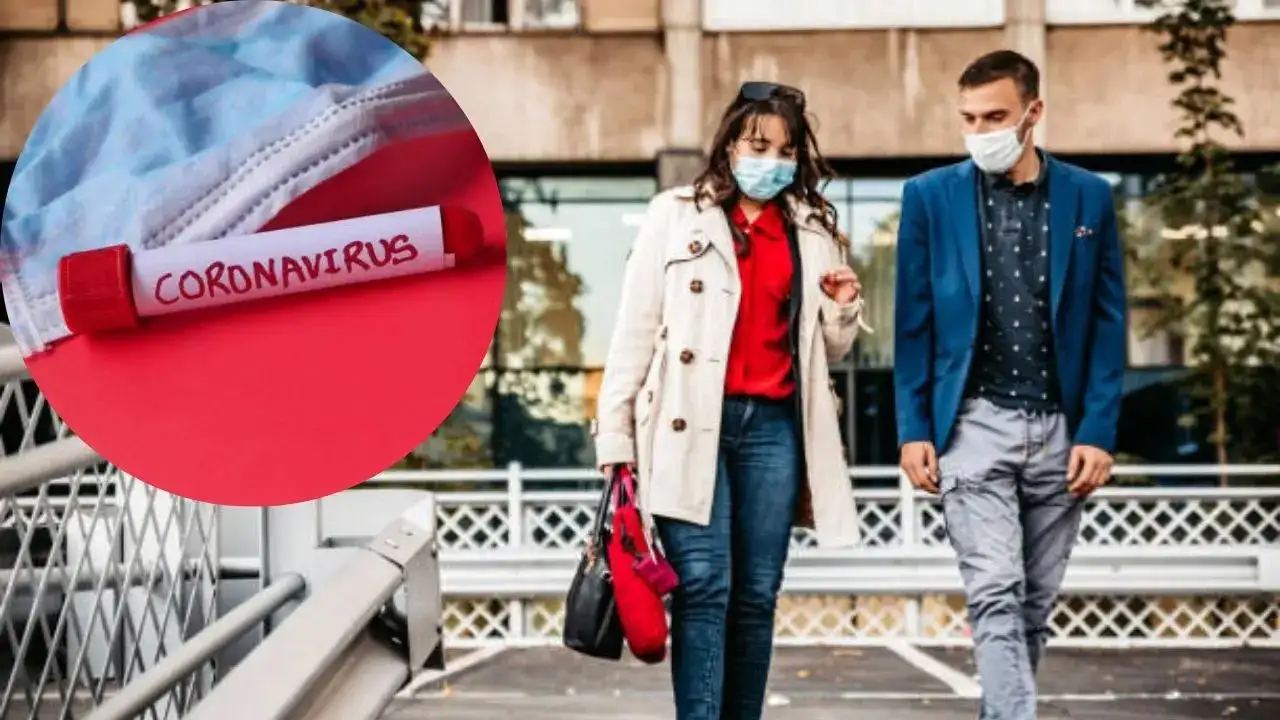
Health authorities say the resurgence appears to be linked to a fresh wave of the virus spreading across Asia
A new wave of COVID-19 infections has swept across parts of Southeast Asia, one of the most densely populated areas in the world. Singapore, along with Hong Kong and Bangkok, is experiencing a sudden spike in infections—over a 28 per cent surge in cases over the past year—with 14,200 reported earlier this month in Singapore alone.
According to health authorities, the resurgence appears to be linked to a fresh wave of the virus spreading across Asia. In China, cases are nearing last summer's peak, while Thailand has seen an uptick following the April Songkran Festival. As the situation unfolds, experts have warned against taking it lightly and have advised following extra precautions to stay safe.
COVID-19 cases in Singapore
According to Singapore’s Ministry of Health and Communicable Diseases Agency, they are monitoring the recent increase in the number of COVID-19 cases, but there is currently no indication that the variants spreading locally are more transmissible or cause more severe symptoms compared with previous strains.
While the number of those hospitalised increased—from 102 to 133—the average number of cases needing intensive care, according to the authorities, has decreased from three to two.
The main variants in Singapore at present are LF.7 and NB.1 - variants of COVID-19 that are related to the JN.1 strain. According to health officials, together they are responsible for more than two-thirds of all infected cases.
Should India be worried?
According to the official COVID-19 dashboard of the Ministry of Health and Family Welfare, Government of India, there are currently only 93 active COVID-19 cases in the country. As of now, no new wave of coronavirus cases has been reported in India. However, experts are asking people to take adequate precautions by following safety procedures, as the virus mostly spreads in warmer weather.
According to doctors, it is recommended that those with an increased risk of severe COVID-19 should make sure to stay updated with the latest vaccinations. They include those aged 60 years and above, those who are medically vulnerable, or residents in eldercare facilities.
Besides the elderly, even school-going children and those living with medically vulnerable people should also get another jab if they have not done so. Meanwhile, anyone aged six months and above can continue to do so voluntarily.
Precautionary measures to take
It is also important to take precautionary measures to avoid getting sick with coronavirus infection, which has symptoms similar to the common flu. Doctors say as a general rule of thumb, you should maintain good personal hygiene, including covering one’s nose and mouth when coughing or sneezing and minimising social interactions and unnecessary travel when unwell.
Also, make sure to wear a mask when in public areas and maintain a safe distance. Those displaying symptoms such as a runny nose, sore throat, headache, or fever should also wear masks.
